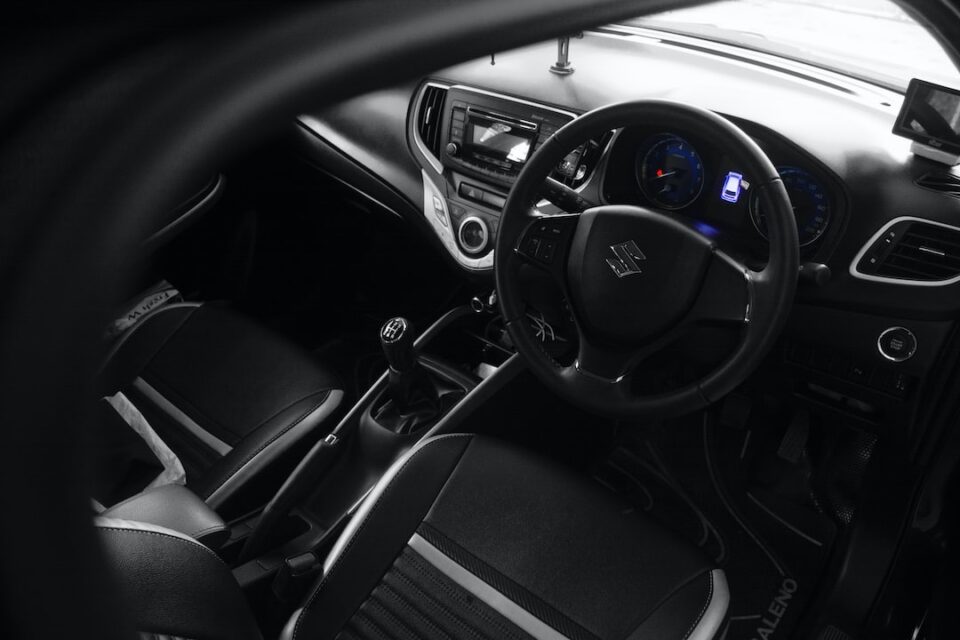Winter driving can be treacherous, with icy roads, reduced visibility, and unpredictable weather conditions. It’s crucial to take the necessary precautions to ensure your safety and the safety of others on the road. Preparing your car for winter driving is a crucial step that should not be overlooked. In this article, we will explore some essential tips on how to prepare your car for winter driving.
1. Inspect Your Tires: Adequate traction is vital when driving in winter conditions. Make sure your tires are in good condition and have enough tread depth to provide sufficient grip on slippery roads. Consider switching to winter or all-season tires for improved performance. Don’t forget to also check your tire pressure regularly, as it tends to drop in colder temperatures.
2. Check Your Battery: Cold weather can significantly affect your car’s battery performance. Before winter arrives, have your battery tested by a professional to ensure it has enough power to start the engine in cold conditions. If it’s weak, consider replacing it to avoid any inconvenience during the winter months.
3. Top up Fluids: Ensure that all your car’s fluids, such as antifreeze, windshield washer fluid, and engine oil, are at the correct levels. Antifreeze is crucial for preventing your engine from freezing, so make sure it’s at the recommended concentration. Additionally, consider using a winter-grade washer fluid that doesn’t freeze in low temperatures and provides good visibility.
4. Replace Worn Wiper Blades: Wiper blades play a crucial role in maintaining good visibility during winter. If your wiper blades are worn or cracked, replace them with new ones that are designed for winter conditions. These blades are sturdier and more effective in clearing snow and ice from the windshield.
5. Ensure Proper Lighting: Winter means shorter days and longer periods of darkness. Ensure that all your car’s lights, including headlights, taillights, and turn signals, are working properly. Clean the lenses to maximize their effectiveness and consider carrying spare bulbs in case of a failure.
6. Carry an Emergency Kit: It’s always wise to be prepared for unforeseen circumstances. Pack an emergency kit that includes items like a flashlight, extra batteries, blankets, gloves, a first aid kit, and some non-perishable snacks. Additionally, consider adding a snow shovel, ice scraper, and jumper cables to your kit.
7. Test Your Heating and Defrosting Systems: Before winter arrives, test your car’s heating and defrosting systems to ensure they are working correctly. It’s essential to have a clear windshield and a warm interior during cold weather conditions to prevent fogging and discomfort.
8. Check Brake System: Your car’s braking system is essential for maintaining control on icy roads. Have your brakes inspected by a professional to ensure they are in good condition. Consider replacing worn brake pads and have the brake fluid checked as well.
9. Maintain a Full Gas Tank: Keeping your gas tank at least half full during winter is a wise practice. A full tank can prevent the fuel lines from freezing and provides extra weight for better traction on slippery roads.
10. Drive with Caution: Lastly, no matter how well-prepared your car is, it’s crucial to drive with caution during winter. Reduce your speed, maintain a safe distance from the vehicle in front, and avoid sudden maneuvers. Remember that it takes longer to stop on icy roads, so gentle braking is essential.
By following these tips, you can ensure that your car is adequately prepared for winter driving. Remember, safety should always be your top priority, and taking these precautions can significantly minimize your risks on the road. Stay safe, drive carefully, and enjoy everything winter has to offer!

